women in menopause before 40 face risk of heart failure, atrial fibrillation: study
it's a misconception that heart disease affects mostly men, says experts, who point out that "sex-specific risk factors have been largely ignored" in research.
why are doctors more likely to ignore women's pain?
from understanding how they talk about pain to understanding the barriers that society places on them, it's time to take a hard look at why our health care system is failing women.
do infertility treatments pose a risk to women’s health?
researchers found that women using assisted reproductive technology were more at risk of acute kidney damage as well as developing an irregular heartbeat.
 4 minute read
4 minute read









